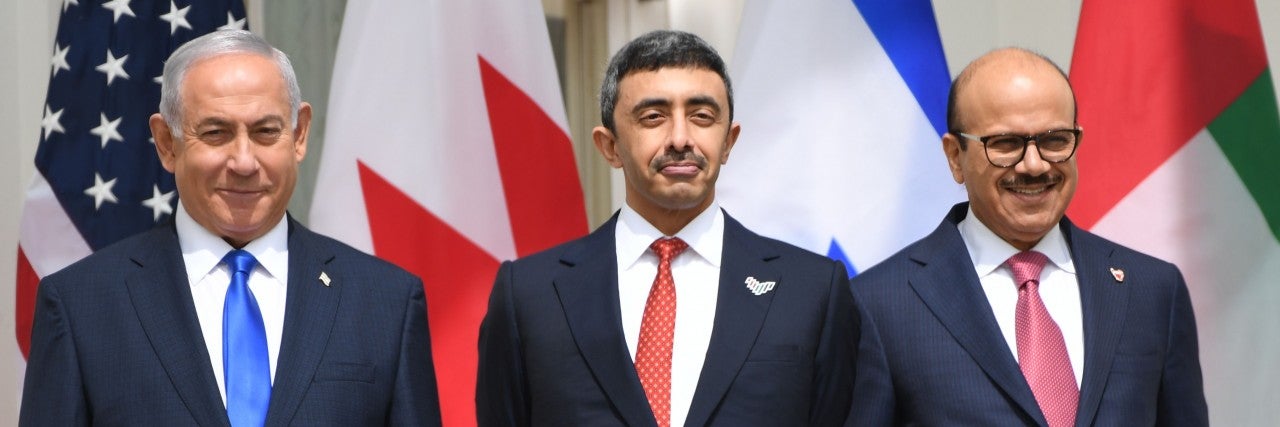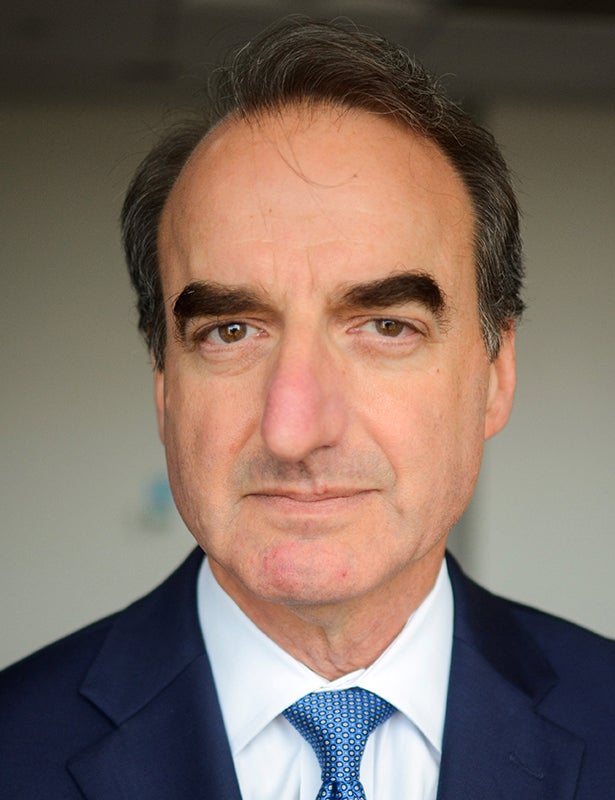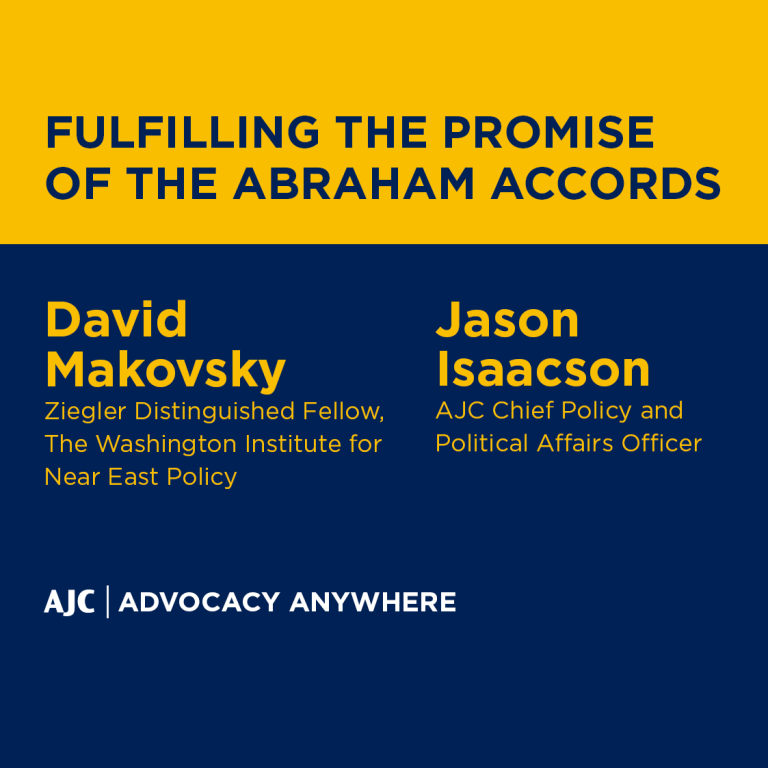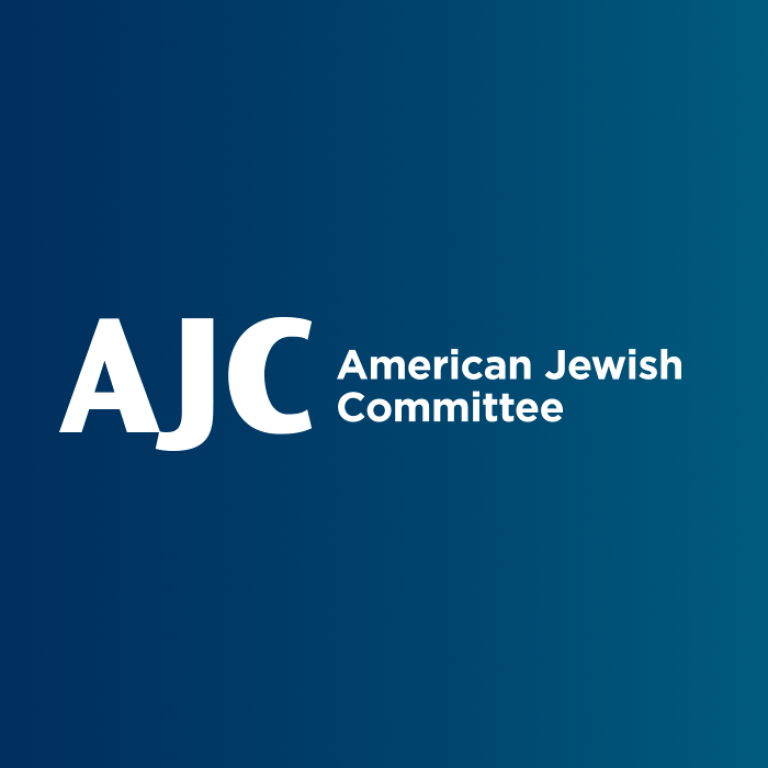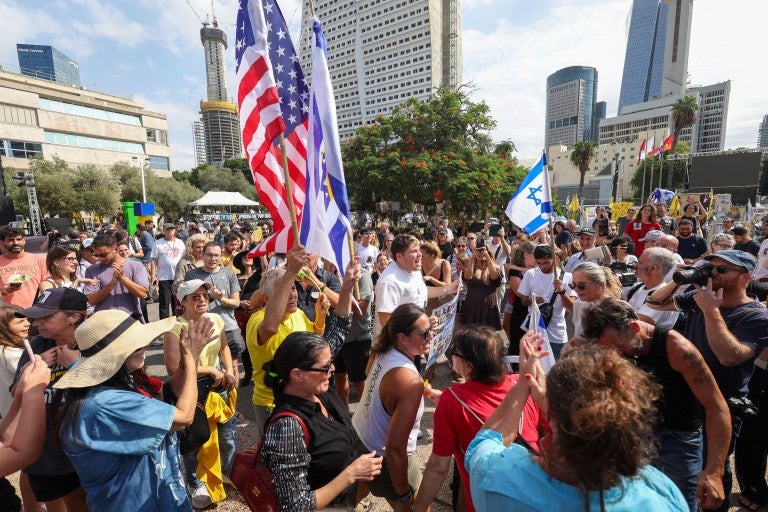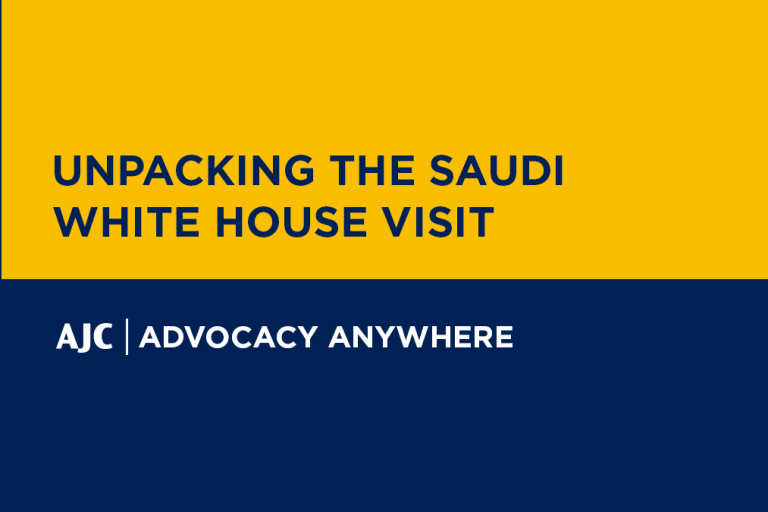September 13, 2021 — Washington, D.C.
This piece originally appeared in JNS.
The announcement on Aug. 13, 2020 that the United Arab Emirates and Israel had agreed to move toward full diplomatic relations surprised much of the world. The revelation four weeks later that Bahrain and Israel had reached a similar agreement compounded the shock.
For many in the Gulf, in Israel and in policy circles in the United States, however, these dramatic developments represented not a sudden policy shift but the logical next step in a process that had been gaining momentum for decades.
Jared Kushner and others in the Trump administration’s inner circle deserve credit for looking beyond the established boundaries of political possibility and empowering those in Gulf governments (and later, in Morocco and Sudan) who were ready for change. They provided inspiration and incentives that gave the drive for engagement—so obviously in the mutual best interests of the Abraham Accords parties—a necessary final push.
But what culminated last summer had deep roots. My American Jewish Committee colleagues and I, traveling regularly to Gulf capitals since 1994, observed signs of fresh thinking in the region early on—and did our part to encourage it.
We heard it some 15 years ago, sitting in the offices of a prestigious Gulf think tank, when a respected researcher described Israeli air power as the most reliable answer to the then-nascent Iranian nuclear threat.
We saw it 12 years ago, when AJC’s assistance was sought in the campaign to win the United Nations’ selection of Abu Dhabi as the headquarters site for the new International Renewable Energy Agency, with the understanding that, were the UAE chosen, an Israeli mission would be based there.
We saw it years later, when a reliable Israeli source told us of the country’s roughly $1 billion in cumulative trade, masked by creative bookkeeping and labeling, with Gulf Cooperation Council states.
We saw it five years ago when Israeli and Emirati fighter pilots trained side by side at a U.S. Air Force base in Nevada.
Parallel to the growing recognition of the benefits of engagement with Israel among Gulf elites was an increasingly public acknowledgement, even celebration, of Jews’ place in the region, both historically and contemporaneously. Nowhere was this more evident than in Bahrain—the one Gulf state with an indigenous Jewish community—when King Hamad bin Isa Al Khalifa in 2008 appointed Houda Nonoo, a businesswoman active in civic affairs and a proud member of that community, the island kingdom’s ambassador to the United States.
A decade later, hardly a week went by without demonstrations of Gulf openness to Israel and the Jewish people: the public reception Sultan Qaboos bin Said accorded Israeli Prime Minister Benjamin Netanyahu on a surprise visit to Oman; the participation of the Israeli culture minister in a sports tournament and the Israeli communications minister in a telecommunications conference, both in the UAE; public statements by the Bahraini and Omani foreign ministers suggesting that Israel should have a place in regional dialogues; the UAE’s publication of Celebrating Tolerance, a book portraying the nation’s diversity, featuring in the first position on its cover a picture of the Dubai expatriate Jewish community’s president; the announcement by the Emirati foreign minister of plans to construct a spectacular “Abrahamic Family House” in Abu Dhabi, with a mosque, church and synagogue, along with exhibition space and conference facilities, to drive home the message of interfaith respect and cooperation.
That partial list excludes the “Peace to Prosperity” workshop in Bahrain in June 2019, at that point the most public demonstration of two undeniable facts: first, regional elites’ impatience with Palestinian leadership, perceived as having mastered political posturing but having failed as stewards of the cause of advancing peace and prosperity for their people; and, second, those elites’ understanding that their countries’ citizens—and, indeed, the Palestinians—would be better off if they engaged Israel, a technological and security powerhouse and a natural ally, rather than pretending the Jewish state didn’t exist. The Bahraini foreign minister’s interviews with Israeli journalists on the sidelines of that conference sent the clearest possible signal of openness to increasingly public engagement.
Six months after the Bahrain workshop, AJC colleagues and I were in Abu Dhabi, meeting with the Emirati foreign minister. Israel’s foreign minister at the time had been promoting the notion that Washington should press a range of Arab countries to strike “non-belligerency agreements” with Israel—not peace treaties, but renunciations of hostile intent, which seemed a politically more achievable goal. I asked the minister his views on such an agreement. He laughed and asked why I was setting the bar so low—that his country, under the right and entirely achievable conditions, was prepared for full peace.
Two years later, after decades of incremental and seldom public steps, full peace has been achieved. Embassies have opened, direct flights have commenced, major investments have been announced, and interfaith and cultural exchanges have taken off.
The Middle East continues to face challenges—from Iranian aggression and nuclear ambition, religious extremism, poverty and inequality, an unforgiving climate. It’s a familiar litany. But thanks to the Abraham Accords, governments committed to solving those problems have new resources and new allies. It’s our responsibility to assure they succeed.
Jason Isaacson is chief policy and political affairs officer of the American Jewish Committee. This column first appeared in the UAE-Israel Business Council commemorative journal.
